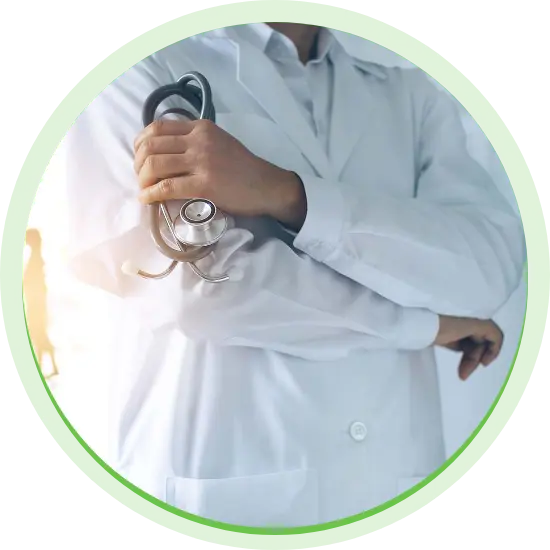21/02/25
Living with a Rare Liver Disease: Coping with PSC and PBC
If you’ve been diagnosed with Primary Sclerosing Cholangitis (PSC) or Primary Biliary Cholangitis (PBC), you probably have many questions. You may feel overwhelmed, uncertain about what’s next, or even scared. That’s completely understandable. These are rare, chronic liver diseases, and not many people—even within the medical community—fully understand them. But you should know that you […]
Read More